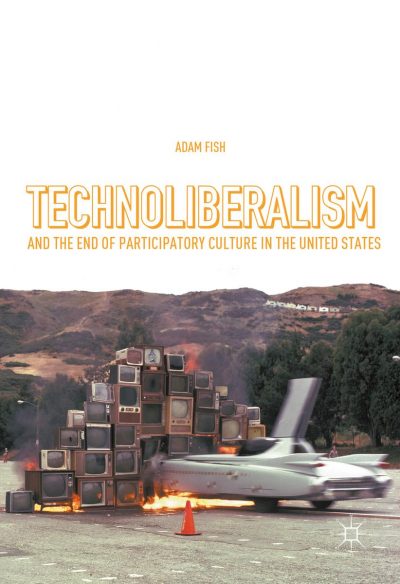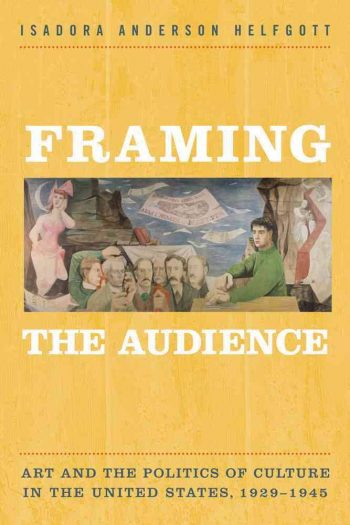Technoliberalism and the End of Participatory Culture in the United States
Reviewed by Christian Rossipal, NYU Tisch School of the Arts Adam Fish. Technoliberalism and the End of Participatory Culture in the United States. Palgrave Macmillan. 2017. 225 pages. Following the March release of the Trump administration’s “skinny budget,” and its proposed elimination of virtually all federal funding for public broadcasting—as well as for arts and humanities initiatives1 —Adam Fish’s Technoliberalism and the End of Participatory Culture in the United States comes as a timely volume, examining television as a democratic tool in the struggle for and of participatory public spheres in the media. Informed by the author’s own ethnographic research, the framework is a political-economical historiography, ranging from late 20th century corporate liberalism-regulated television to the unregulated Internet of contemporary neoliberalism. In this contested and overdetermined field, Fish situates the notion of technoliberalism as a designation of certain discourses on technology—most often coupled with deregulation—which seeks to invalidate the need for participatory politics. Fish outlines how these discourses are mobilized to “mitigate the contradictions of liberalism” itself.2 By connecting American television history to recent Internet conglomeration and …


